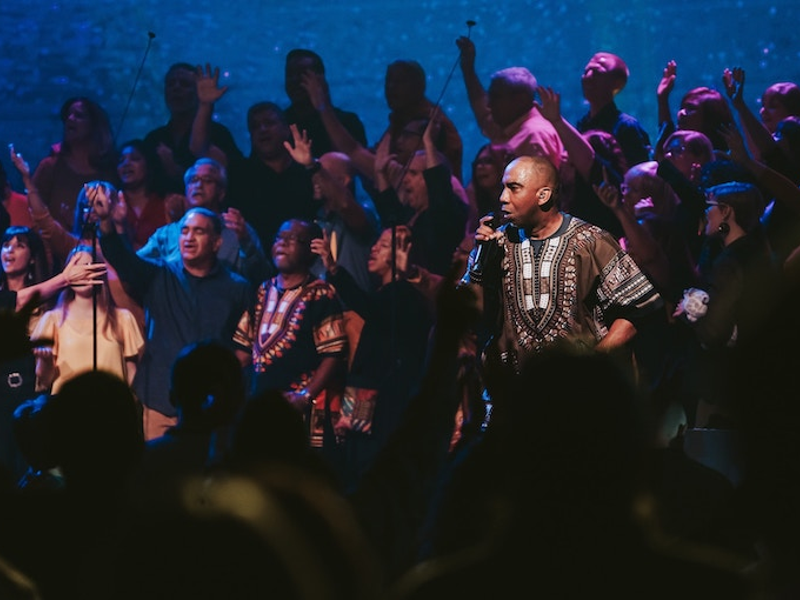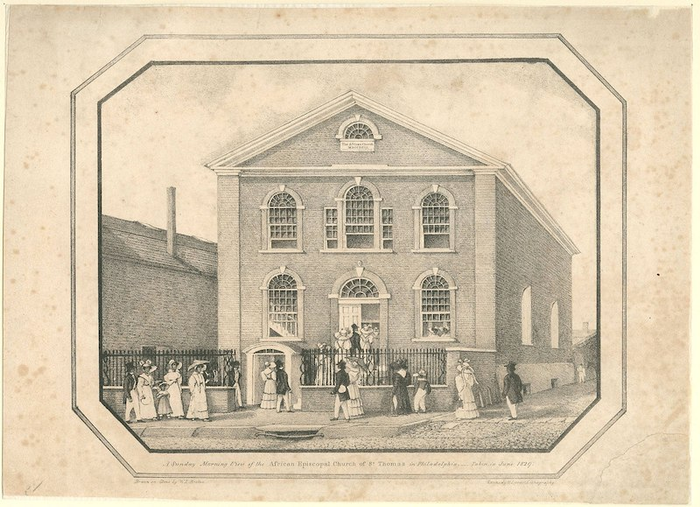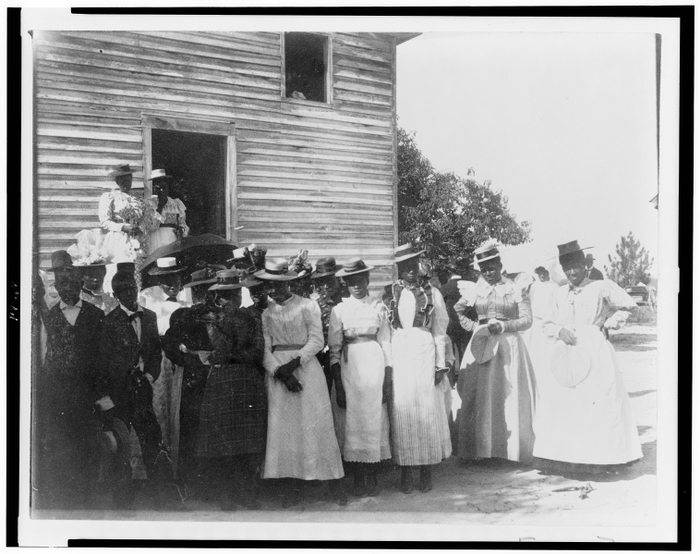
A modern Black church. Photo by NATHAN MULLET on Unsplash
The African diaspora has left an everlasting impression on communities worldwide, and the Black church is one institution that has played a significant role in these communities. The religion and body of Christian churches and denominations in the United States primarily cater to Black Americans, and their collective traditions and adherents are referred to as the Black church. Individual congregations may sometimes be referred to as “Black churches.” For persons of African origin, the Black church has functioned as a beacon of resilience, spirituality, and social strength, building a sense of community and justice. In this blog, we will examine the function of the Black church in diverse African diaspora groups to determine its relevance and effect.
The history of the Black church may be traced back to when enslaved Africans were forcibly carried to the Americas, including North and South America and the Caribbean. Africans took refuge in their faith and spirituality despite the anguish of enslavement and the loss of their cultural heritage. They developed their distinctive forms of Christianity, fusing African customs with Christian teachings, and established their worship communities. Amid persecution, these early Black churches were places where Africans could openly express their faith, retain their cultural identity, and feel community.

A Sunday Morning View of the African Episcopal Church of St. Thomas in Philadelphia._Taken in June 1829.Drawn on stone by W.L. Breton Source: Wikimedia Commons
The Black church, in particular, played an essential role in the battle against slavery and racial segregation in the United States. Black churches such as the African Methodist Episcopal (A.M.E.) Church, the National Baptist Convention, and the Church of God in Christ were hotbeds of activism and social justice, producing renowned leaders such as Martin Luther King Jr. These churches acted as places of worship, as well as centers of organization and strategy for civil rights and equality, laying the way for substantial social and political reforms in the United States.
The church offered solace and sanctuary to a community that had endured the horrors of slavery and racism for generations. It was a haven where Black individuals could affirm their identity, receive education, find emotional and spiritual support, and foster a sense of hope for a brighter future. The church served as a symbolic space where enslaved and free Black people could hold onto their faith and believe in a better tomorrow.

Image: African Americans outside of a church, c.1900. Source: Wikimedia Commons
The church has been a driver for community development and empowerment in addition to its role in activism and social justice. To meet the unique requirements of African diaspora groups, several Black churches have developed schools, healthcare facilities, and social activities. These projects sought to increase access to education, healthcare, and economic opportunities, empowering individuals and communities to thrive. The Black church has also played an essential role in developing self-sufficiency and economic self-determination through supporting entrepreneurship, financial literacy, and economic empowerment.
The Black church has stood as a beacon of faith, resilience, and empowerment for the African diaspora, from its origins in the history of slavery to its present-day role in promoting social justice, community development, and cultural preservation. It has served as a vital space where Africans have been able to maintain their cultural heritage, express their faith, and foster community bonds in the face of adversity. Through its advocacy for civil rights, production of leaders, and promotion of empowerment, the Black church has been a catalyst for social change. However, it has also faced challenges and must continue to address issues such as cultural preservation, inclusivity, and social justice. As we reflect on the profound history and significance of the Black church in the African diaspora, we are reminded of its enduring legacy as a source of hope, resilience, and empowerment for present and future generations.

Anand Subramanian is a freelance photographer and content writer based out of Tamil Nadu, India. Having a background in Engineering always made him curious about life on the other side of the spectrum. He leapt forward towards the Photography life and never looked back. Specializing in Documentary and Portrait photography gave him an up-close and personal view into the complexities of human beings and those experiences helped him branch out from visual to words. Today he is mentoring passionate photographers and writing about the different dimensions of the art world.





